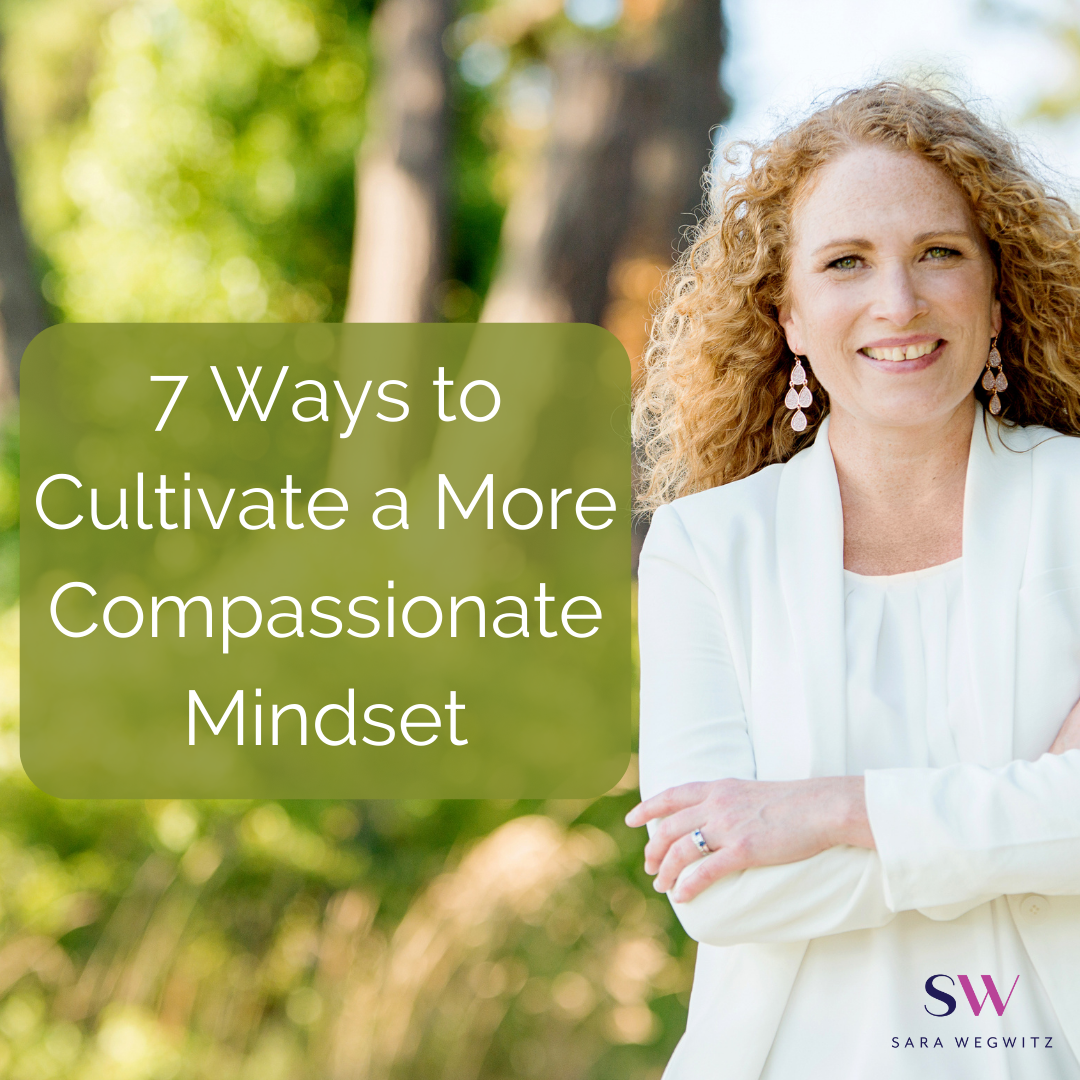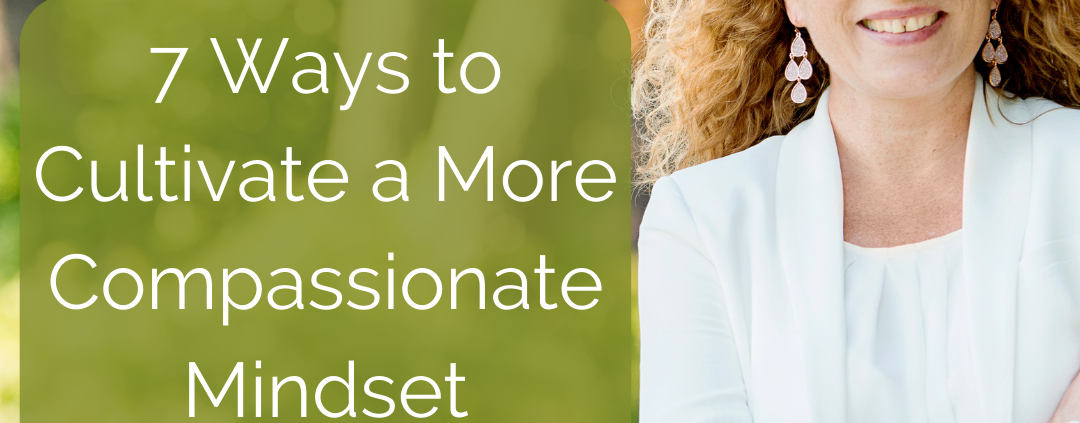Spotlight on Mental Well-being
 It has been estimated that on average we have approximately 50 000 thoughts per day. Of those 50 000 thoughts only 5% are new. Consider that for a moment. Almost all of what we typically think about in a day is the same.
It has been estimated that on average we have approximately 50 000 thoughts per day. Of those 50 000 thoughts only 5% are new. Consider that for a moment. Almost all of what we typically think about in a day is the same.
Our self-talk (internal dialogue), defines, reinforces, and at times confines, our interpretation of our outside world. In other words, our self-talk sets the frame in which we view our world. These thoughts, either positive or negative in nature, dictate how we interact with others and how we behave. Our experiences don’t define or defeat us. Our self talk does.
If we are honest with ourselves, most of the time our internal dialogue would register as negative in nature. The following strategies, when used consistently, can cultivate, and help shift your mindset to one that is more compassionate.
1. SPEAK TO YOURSELF LIKE A SUPPORTIVE FRIEND WOULD.
If one of our friend’s needed some support and care we would not choose to talk to them in a negative, destructive, and toxic way, would we? We’d likely be softer and gentler with our approach. The invitation here is to choose to use empowering, supportive, and kind language towards yourself. It might sound like this: “You’ve got this. I know times are tough right now and you are doing the best with what you have from where you are. Take it one step at a time.”
2. CREATE YOUR OWN MENTAL CUE.
Creating a mental cue can help shift your internal dialogue to one that is more supportive and compassionate. A mental cue is a statement that is positive, affirming, and helpful to you. E.g., “I can totally do this!” “I’ll figure this out like I’ve always figured it out.” “Focus now.”
3. JOURNAL WRITING.
Another way to build and foster a more compassionate and kinder mental mindset is through writing in a journal. When we put pen to paper and get out our thoughts and feelings out, it can shift perspective and offer new meaning and insights. Writing removes mental blocks and allows you to use all your brainpower to better understand yourself, others, and the world around you. In addition, you can hone your intuition/instincts.
Here is a simple exercise that may help. You’ll need a quiet place for this. Think of a situation that you would love to receive some guidance, help, or advice on from a positive mentor in your life. From here create some questions that you’d like to ask them. Ask one question at a time. Tune inward and listen for an answer. When you hear the answer write it out in your journal and move to the next question. This is a powerful activity that assists you to tap into your own intuition or internal wisdom.
4. START A VICTORY LOG.
Keep a notebook handy and fill it with your wins and successes as they happen. It doesn’t matter big or small they are they all count. It’s important to be consistent in capturing them. You may consider taking a few minutes each evening to reflect on your day and ask “What were three things that went or worked well today?” or “What happened today that was a win?”
When you have a low feeling day and need a boost grab your victory log and read through your wins and successes to date. It will remind you just how capable, resourceful, and resilient you really are.
5. WARMER…COLDER…
Remember this game? It’s all about feedback. Are you on course or off? Are you on track or off track? Are you getting close or moving further away? Choose to see the things that you are working on or goals you are working towards as feedback. Am I getting warmer or getting colder? Then adjust. “What action can I take that would get me back on track?” There is no such thing as failure, only feedback or results. Therefore, you can do no wrong. Either you get what you want or the lesson that you need. Embracing this practice will lead to greater confidence, flexibility, and self-acceptance. You will find that you become more compassionate towards yourself.
6. FOCUS ON LEARNING/GROWTH.
High quality questions tend to begin with “how” or “what”. These kinds of questions set your mindset up to look for the learning and growth in a situation and help maintain perspective. Asking high quality questions is also a great way to foster a more compassionate mindset. E.g., “Given my situation right now, what is my next best step?” “Given my low energy right now, what is the highest and best use of time?” “What can I learn from this situation? How can I grow?” Listen for the answers and follow through. When you choose to focus on what you can learn or how you can grow from an experience you are shifting your perspective and building positive reinforcement.
7. DO SOMETHING THAT YOUR FUTURE SELF WILL THANK YOU FOR.
It can be little or big, it doesn’t matter. It might be, setting up the coffee maker the night before so that when you awaken you smell fresh brewed coffee; making your lunch the night before; scheduling and booking a regular monthly massage; preparing for the week ahead on Sundays etc. What is one thing that you can do today that your future self will thank you for?
In conclusion, I encourage you to frame cultivating a compassionate mindset as a skill to learn. Focus on consistently practicing these or other strategies that work for you and over time, you’ll begin to notice how different your mindset becomes.
For more tools, support, and training for yourself and or your team contact sara@sarawegwitz.com
